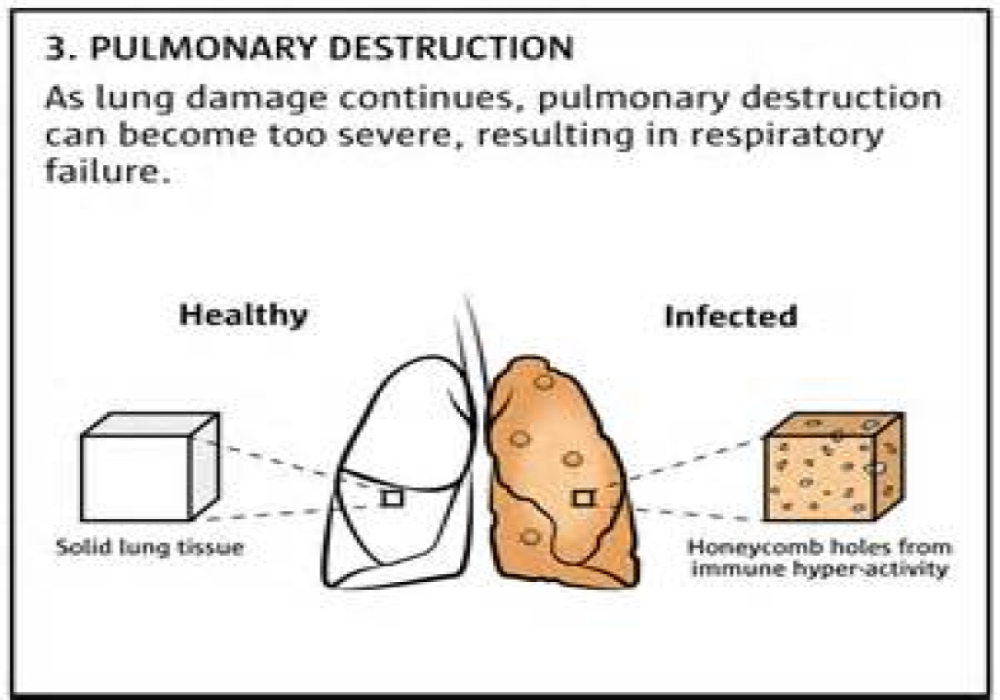- Authors: Sasha Peiris, Hector Mesa, Agnes Aysola, Juan Manivel, Joao Toledo, Marcio Borges-Sa, Sylvain Aldighieri, Ludovic Reveiz
Abstract
Background
Coronavirus disease (COVID-19) is the pandemic caused by SARS-CoV-2 that has caused more than 2.2 million deaths worldwide. We summarize the reported pathologic findings on biopsy and autopsy in patients with severe/fatal COVID-19 and documented the presence and/or effect of SARS-CoV-2 in all organs.
Methods and findings
A systematic search of the PubMed, Embase, MedRxiv, Lilacs and Epistemonikos databases from January to August 2020 for all case reports and case series that reported histopathologic findings of COVID-19 infection at autopsy or tissue biopsy was performed. 603 COVID-19 cases from 75 of 451 screened studies met inclusion criteria. The most common pathologic findings were lungs: diffuse alveolar damage (DAD) (92%) and superimposed acute bronchopneumonia (27%); liver: hepatitis (21%), heart: myocarditis (11.4%). Vasculitis was common only in skin biopsies (25%). Microthrombi were described in the placenta (57.9%), lung (38%), kidney (20%), Central Nervous System (CNS) (18%), and gastrointestinal (GI) tract (2%). Injury of endothelial cells was common in the lung (18%) and heart (4%). Hemodynamic changes such as necrosis due to hypoxia/hypoperfusion, edema and congestion were common in kidney (53%), liver (48%), CNS (31%) and GI tract (18%). SARS-CoV-2 viral particles were demonstrated within organ-specific cells in the trachea, lung, liver, large intestine, kidney, CNS either by electron microscopy, immunofluorescence, or immunohistochemistry. Additional tissues were positive by Polymerase Chain Reaction (PCR) tests only. The included studies were from numerous countries, some were not peer reviewed, and some studies were performed by subspecialists, resulting in variable and inconsistent reporting or over statement of the reported findings.
Conclusions
The main pathologic findings of severe/fatal COVID-19 infection are DAD, changes related to coagulopathy and/or hemodynamic compromise. In addition, according to the observed organ damage myocarditis may be associated with sequelae.
For More Information: https://journals.plos.org/plosone/article?id=10.1371/journal.pone.0250708
